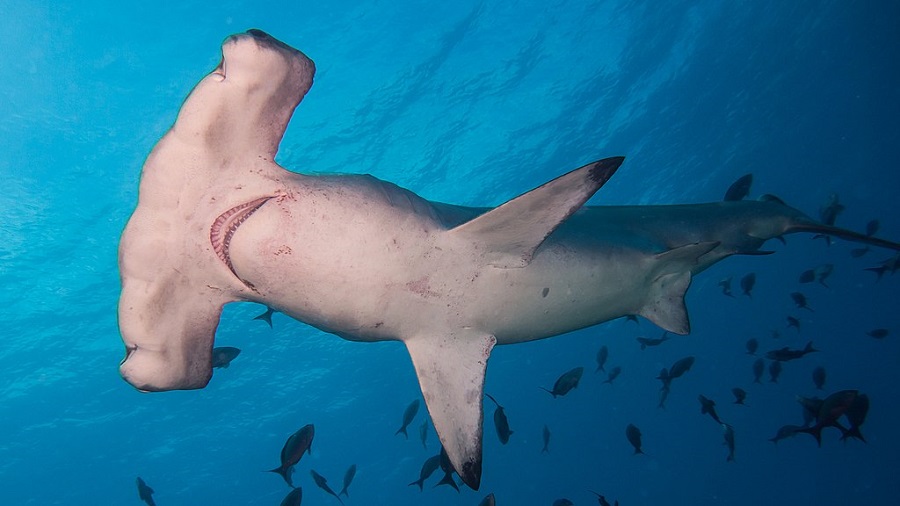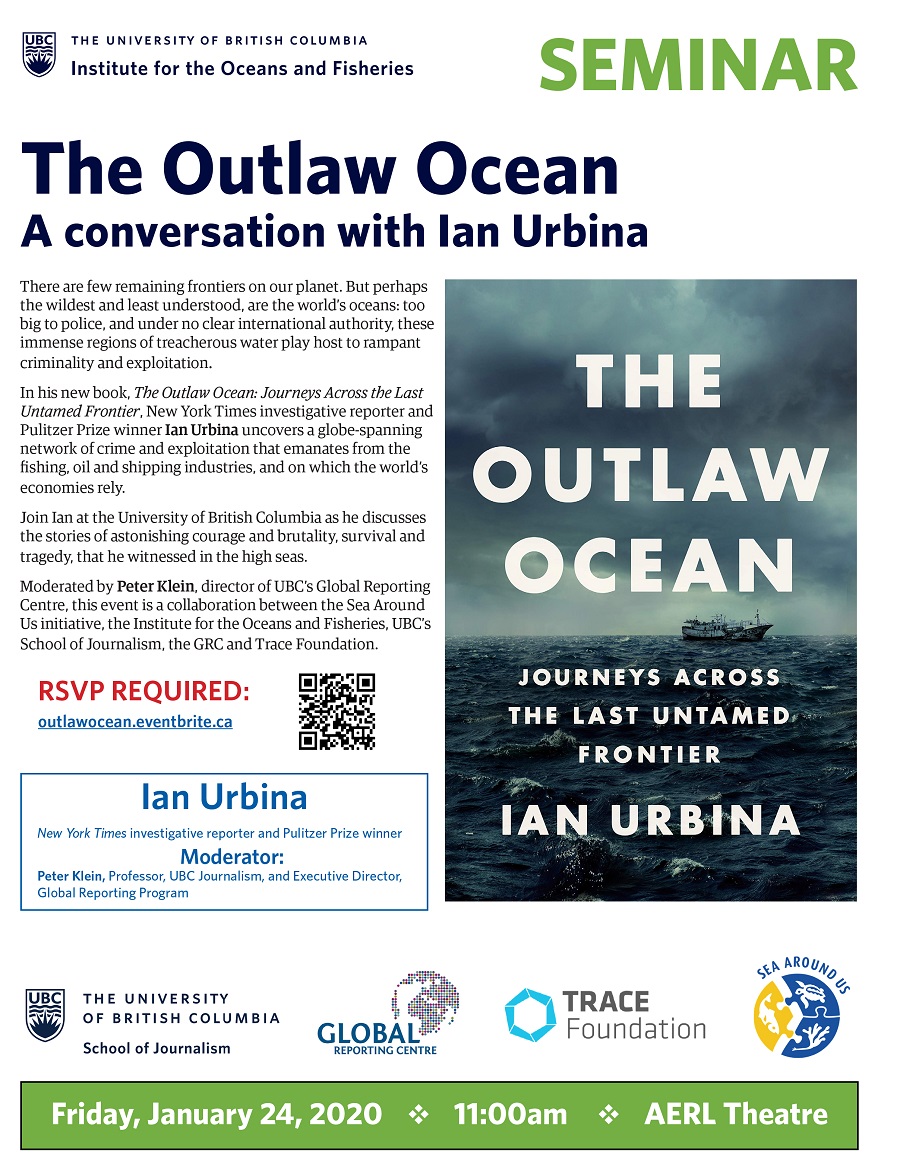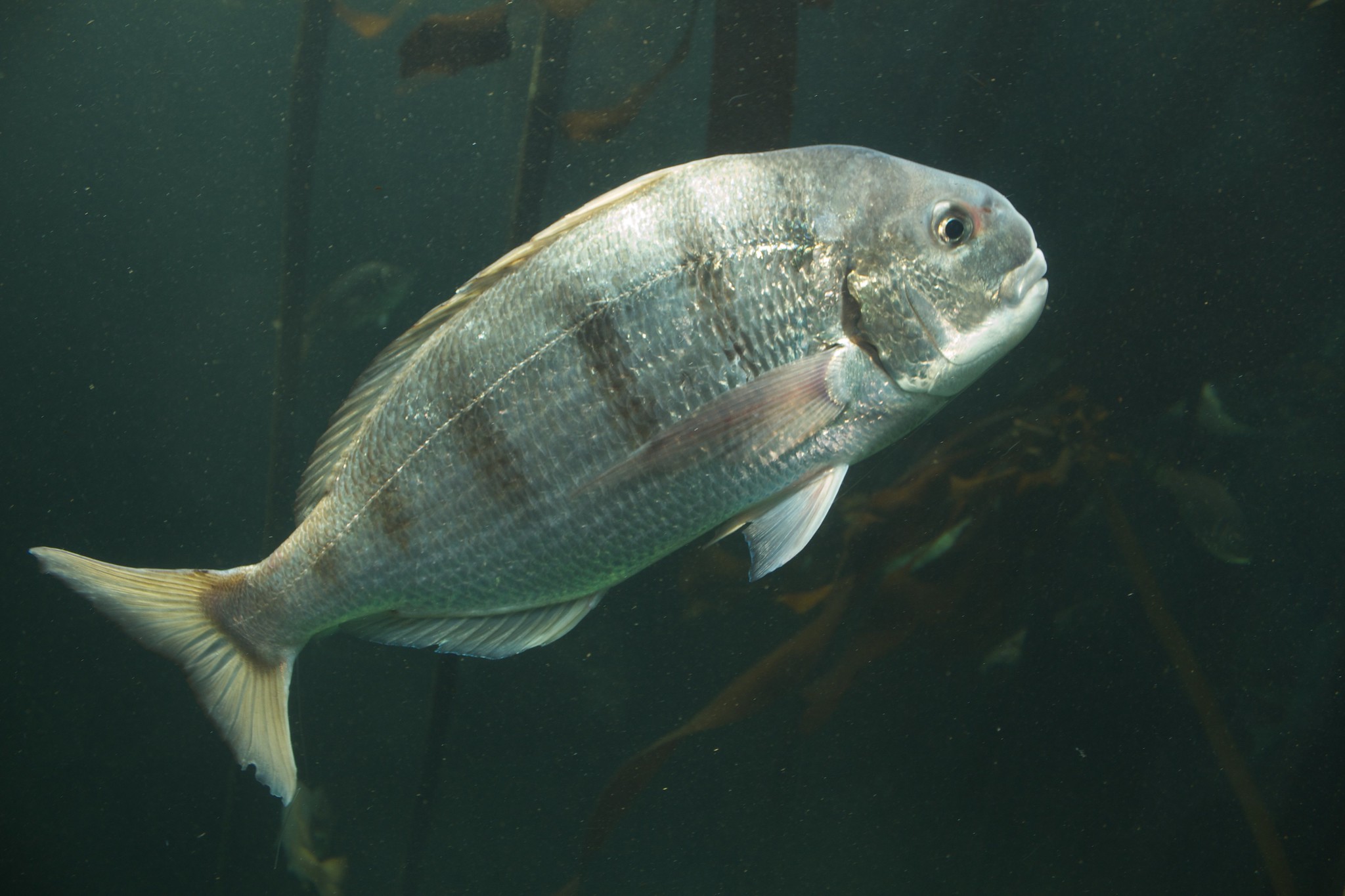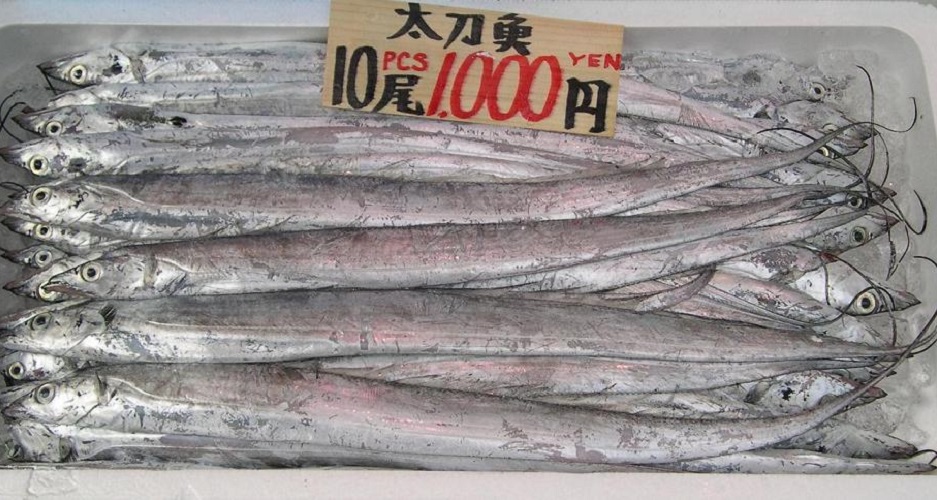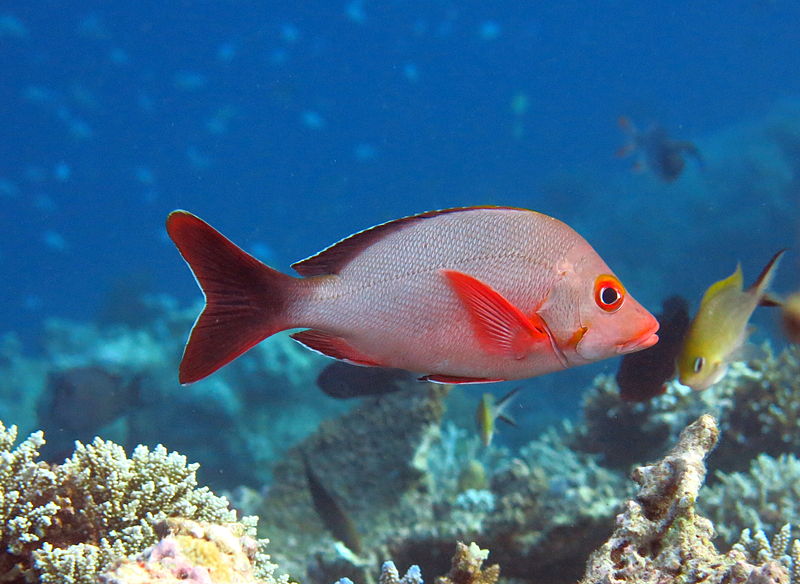
Humpback red snapper. Photo by Julien Bidet for MDC Seamarc, Wikimedia Commons.
Warming waters, king tides and storm surges are not the only things affecting the availability of seafood in the Marshall Islands. Incomplete reporting of fisheries catches and, therefore, of how much is being taken out of the oceans also is.



